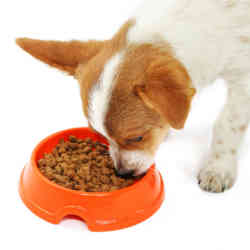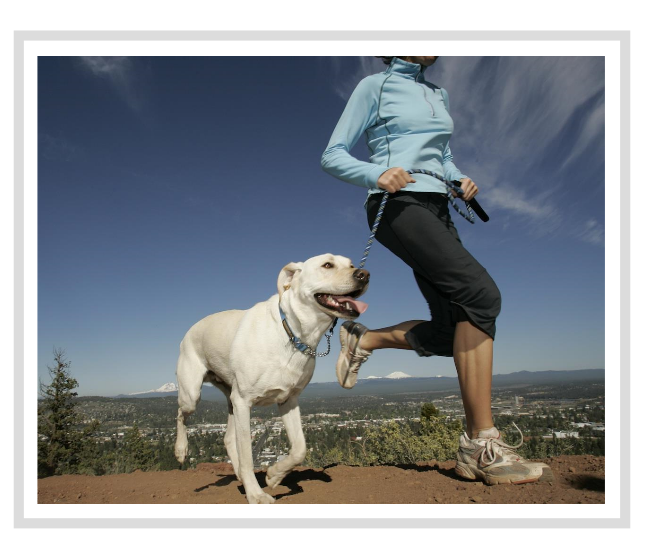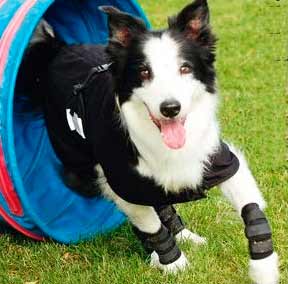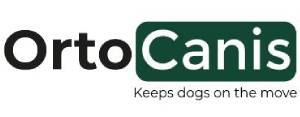There are different important aspects when having a dog as a pet in our home. Having a healthy pet means not only having it in a good state of health, but other aspects as well.
Caring for our animal’s health, hygiene and proper education are the three pillars of good coexistence among dogs and people.
A pet’s health is an aspect of vital importance, it is possible that a healthy dog could cause us problems, but a sick dog or one with a weak state of health will undoubtedly bring us problems.
A few healthy habits are essential for maintaining the good health of our pets:
- Proper diet
- Routine Veterinary Checks and up-to-date vaccinations
- Regular physical activity

If we pair these habits with proper hygiene (also important for health) and a careful education for our dog, which is important for the family-dog relationship, we will then have a bunch of elements that will significantly improve the relationship with our dog, its quality of life and that of the entire family.
Proper Diet:
Dogs should eat dog food, often we wonder if it wouldn not be better that dogs ate homemade food, or if they could live off of the leftovers from the house as used to be done in the past. The answer is always the same: dog food is a complete, balanced food formulated by veterinary nutritionists who determine the necessities of each dog according to breed, age and physical activity and they develop the most balanced and complete diet accordingly.
As long as we buy the best formula that suits our animal, dog food will always be the best food that we can feed our animal. We should respect the measures recommended by the brand or ask our vet for help, they will be the best person to explain to us the amount of food they should eat and, where appropriate, if we need to add a special dietary supplement.
Routine Visits and Vaccinations:
It is extremely important that we keep our dog’s vaccination record up to date not only for our pet but also for those around us, even for our own safety and that of the people who live with us or our neighbors.
Proper vaccination prevents illnesses that can become very serious for our animals.
Hygiene:
This is another important aspect although sometimes forgotten with pets, hygiene means not only having a clean dog but also caring for their skin, paws, mouth and breath, and that they have an adequate place for doing their business without dirtying themselves and where we can pick it up and throw it away in the appropriate place.
We should wash our dog more or less frequently depending on the type of dog, breed and physical activity, with some breeds needing more care in specific areas. For example, the Corkers have a special tendency to have recurrent, even chronic otitis, which is caused by the position of their ears and size, the ears breathe very little and are an excellent breeding ground for bacteria and fungi; this can be avoided by periodically using a simple spray and correctly washing the dog’s ears more often than what is required in other breeds .
.
It is important to learn about these aspects when we adopt or incorporate a new member into our family. You can consult the many forums that exist specifically for certain breeds of dogs, breeder or canine clubs and of course, consult your vet whenever you have questions.
Physical Activity:
This is the component that is most often overlooked in Spanish dogs, I feel envious of dogs in American films running around with their owners in Central Park ...
Some privileged Spanish dogs are taken on walks three or four times a day, however often they only go for a walk in order to do their business and especially in winter these walks are often limited almost exclusively to this purpose. It is not that it is wrong taking your dog out to urinate or defecate, the problem is that too many dogs ONLY go out to urinate and defecate.
The walk should be an important part of the relationship between the owner and their animal, the dog needs to feel free, satisfied, happy with the walk and it should serve as a means for the dog to get exercise. As such it is important that one or two of the walks the dog is taken on during the day is longer and that the dog, especially when young, can run freely, jump, play with other dogs ...
Education:
Another of the aspects which, even if it hurts to admit it, we in Spain are a few years behind the rest of Western Europe and the United States and even certain countries in Latin America, is our dog's education.
Often we complain that we are not allowed in hotels, restaurants, shops or cafes with our dog. It is true that we encounter many problems when looking for a hotel that accepts pets in certain Spanish cities. In contrast many have travelled to Holland, Belgium or the United Kingdom and have witnessed small dogs on planes and big dogs in cafes and restaurants. We have seen them but we have not heard them, we have not smelled them or even realized they were there until the animal’s owners left the premises. The dog had disappeared the entire time it was inside the restaurant. Nothing like the dogs you can find at the beach bars, which is among the few places where they are welcome in Spain. And while not always the case, often the dogs are competing for the neighbor’s croquette or for the piece of ham that the lady next to you has dropped, or directly for the grilled cuttlefish they have brought out to you that smells wonderful.
We should sing a collective mea culpa about the education of Spanish canines, the more and better the education is the more respect and understanding will come from people are not pet owners. A dog that does not annoy anyone will not be talked about and few people will object to its presence. A dog that is dirty with horrible breath that jumps directly at the face of the neighbor’s baby in the stroller filling it with slime and scaring the child, it is understandable that the child’s parents become upset.
Ortocanis Technical Team

